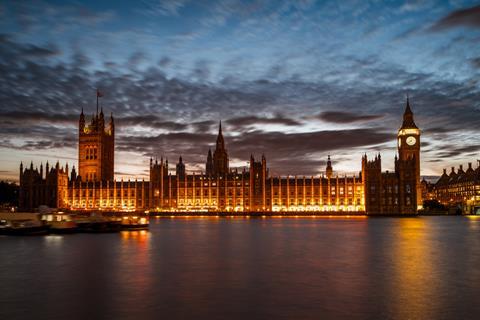
The Labour Party has won the 2024 General Election.
Holding 412 seats, the party has a clear majority in Parliament, with Sir Keir Starmer becoming Prime Minister.
From a retail point of view, Labour’s manifesto focused on overhauling the business rates system by replacing it with a revenue neutral system that “levels the playing field between online and high streets”. It also pledged to cap corporation tax at 25% for the entire parliament, and retain permanent full expensing for capital investment and the annual investment allowance for small business.
On crime, Labour promised to tackle crime by introducing a new Neighbourhood Policing Guarantee including the recruitment of thousands of new officers and follow up on the creation of a new specific offence for assaults on shopworkers that will protect them from threats and violence which was halted due to the election announcement.
It wanted to follow up on the generational ban on purchasing tobacco products as well as ban vapes from being branded and advertised to appeal to children and create a ban on selling high caffeine energy drinks to under 16s.
From a staffing point of view, Labour pledged to remove the age bands for the National Living Wage and have the Low Pay Commission focus on the cost of living when deciding on a new rate.
Commenting on Labour’s business rates pledge, head of business rates at Colliers John Webber, said: “After more than 30 years of mismanagement from successive governments, we now have a multiplier which at over 50p in the pound, means a 50% tax on property occupation, a complicated relief system with business rates deserts in some parts of the country and an appeal system that’s inefficient, lacking transparency and increasingly difficult for businesses to negotiate without an adviser. The current system is just not fit for purpose.
”British business deserves more. Let’s hope Labour listens to what we and other professionals and businesses in the sector have been calling for- and don’t just throw the baby out with the bath water. This is a once in a lifetime opportunity to tackle the current system: rebase the multiplier to something businesses can afford, review the relief system so that everyone that uses local services pays something, reform the appeal system and to regulate business rates advisers, so businesses are not at the mercy of rogue traders.”
Industry reaction
Unitas Wholesale managing director John Kinney said that a Labour victory created “challenges” for the wholesale sector and called for communication.
“The Labour Manifesto contained a few challenges for the wholesale channel, including Minimum Wage increases, a ban on the sale of energy drinks to under-16s, banning fast food outlets near schools, and the prospect of controls on HFSS products and ultra-processed foods.
“Independent wholesalers’ ask of this brand new administration is that it listens to those of us who can help turn these pledges into effective measures that achieve their stated aims.”
Kinney urged that any measures taken be based on collaboration between government and the sector to make potential implementation smoother.
“While we support the intention to establish better pay for the least well-off workers, affordable healthier food options for children and meaningful sustainability targets, our challenge for the new Government is to lay out a legislative programme that is effective, practical and proportionate. The delays to the Deposit Return Schemes for drink containers demonstrate what happens when Government acts without sufficient consultation with stakeholders who have the experience and expertise to help shape effective legislation. In contrast, the success of the Soft Drinks Industry Levy was built on extensive collaboration, practical choices and achievable timeframes.”



















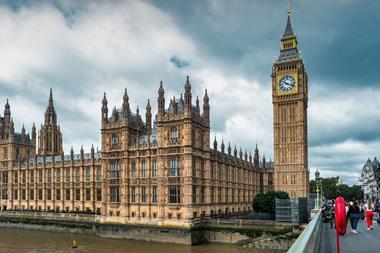
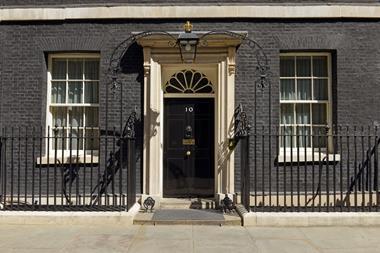
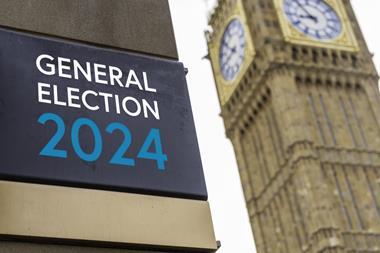





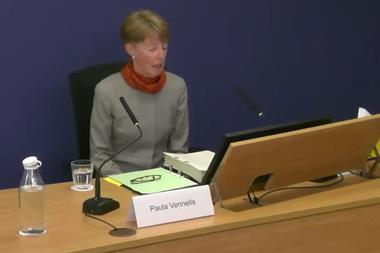
No comments yet